North Korean media break silence on Kim’s death
North Korea has lambasted Malaysia for performing an “immoral and illegal” autopsy on the dead body of the North Korean leader’s exiled half-brother, who was murdered in Kuala Lumpur last week.
The North’s official Korean Central News Agency (KCNA) on Thursday denounced Malaysian authorities for having a “sinister purpose” in handling the case and playing politics with the corpse of “a citizen of the DPRK [the Democratic People's Republic of Korea] bearing a diplomatic passport.”
Malaysian police officials announced on February 14 that 46-year-old Kim Jong-nam had been attacked by two female assailants at the departure hall of the Kuala Lumpur International Airport a day earlier. The female attackers, who have been arrested, reportedly wiped some form of toxic agent over Kim’s face. He died en route to the hospital.
Reports said Kim was traveling under an alias, and it was not clear what country had issued the “diplomatic passport” that the KCNA claimed he was carrying.
Apart from the two female assassins — an Indonesian and a Vietnamese — Malaysia has detained two men, one of them a North Korean national, in connection with the killing. Malaysia has also said that it “strongly” believes that four other suspects, who fled Malaysia the day of the killing, have arrived in the North Korean capital of Pyongyang.

North Korean media had largely been silent on the issue until Thursday. The KCNA said in its report that the Malaysian authorities were in collusion with South Korea, the North’s neighbor and long-time adversary. It said Malaysia had initially confirmed that Kim “died of [a] heart stroke” but changed the account when South Korean media published “false” news that he had been “poisoned to death.”
The KCNA also quoted a statement released by the North’s Jurists Committee, a legal body affiliated with North Korea’s parliament, as saying that, “Malaysia is obliged to hand his (Kim’s) body to the DPRK side as it made an autopsy and forensic examination of it in an illegal and immoral manner.”
The statement described Malaysia’s handling of the autopsy as an “undisguised encroachment upon the sovereignty of the North.”
It said the “biggest responsibility” regarding the case rested with Kuala Lumpur as Kim lost his life on Malaysian territory, adding that the Malaysian probe into the incident was full of “holes and contradictions.”
The KCNA report, however, did not refer to the deceased by name.
Malaysia has refused to turn over Kim’s body to North Korea and has sought to question a North Korean diplomat in connection with his killing. On Wednesday, Malaysian Police chief Khalid Abu Bakar said that investigators were seeking to question the second secretary of the North’s Embassy in Kuala Lumpur as well as an employee of the North’s state airline Air Koryo.
Khalid said police had asked for access to the two and would “compel” them to appear before police if such access was denied.

South Korean police have claimed that Kim was killed by North Korean agents.
While the two Koreas have for long been involved in hostilities, Malaysia is seeing its diplomatic ties with Pyongyang sink for the first time.
Kim, who studied in Russia and Switzerland, was a computer enthusiast and fluent Japanese speaker. After completing his overseas studies, he oversaw North Korea’s information technology policy. He fell from grace in 2001, however, and had been living in exile since 2003. He was reportedly an occasional critic of Pyongyang, advocating reform.
His death is the second most high-profile death during the reign of his younger brother, North Korean leader Kim Jong-un, since the execution of Jang Song-thaek, the brothers’ once powerful uncle, in December 2013.
VIDEO | New Delhi chokes under toxic smog as air quality remains at hazardous levels
VIDEO | Press TV's news headlines
VIDEO | ICC's arrest warrant for Netanyahu to worry Western politicians: Former British diplomat
Iranians protest against Israel after Netanyahu ICC warrant
Germany undecided on complying with ICC arrest warrants for Israeli war criminals
VIDEO | Former FBI agent criticizes US Congress for 'outright corruption'
IRGC chief urges Muslim countries to cut aid routes to Israel
'New chapter in cooperation': Iran, Venezuela sign new MoUs


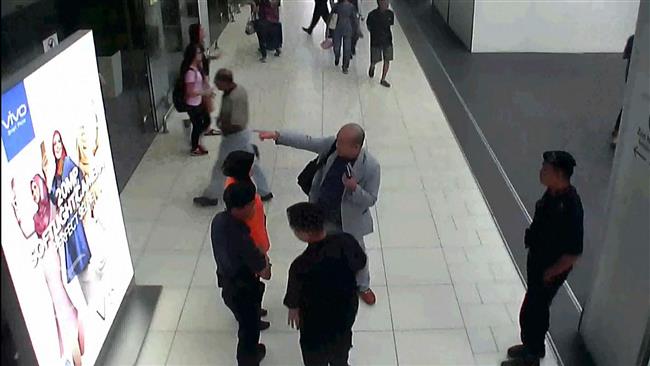
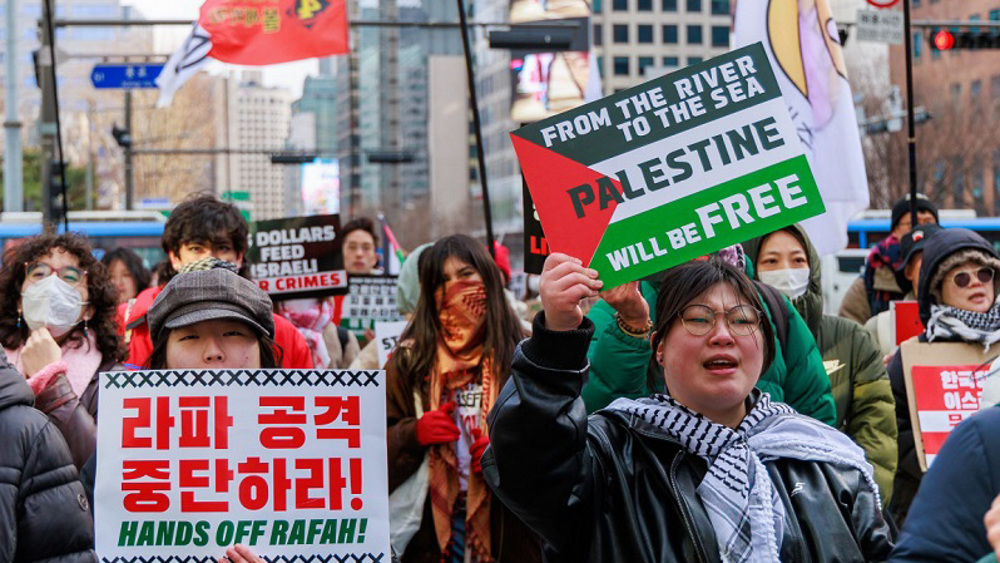
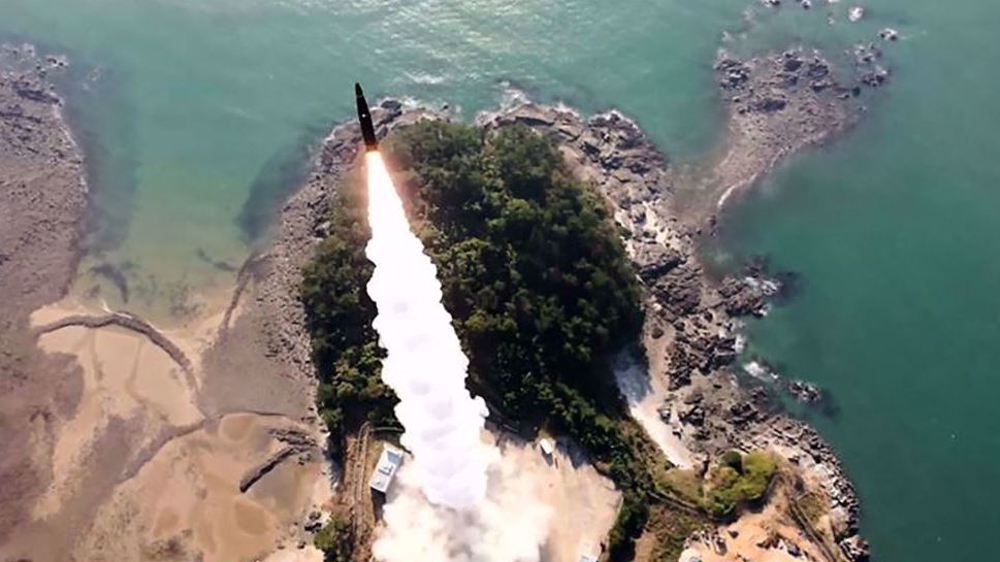
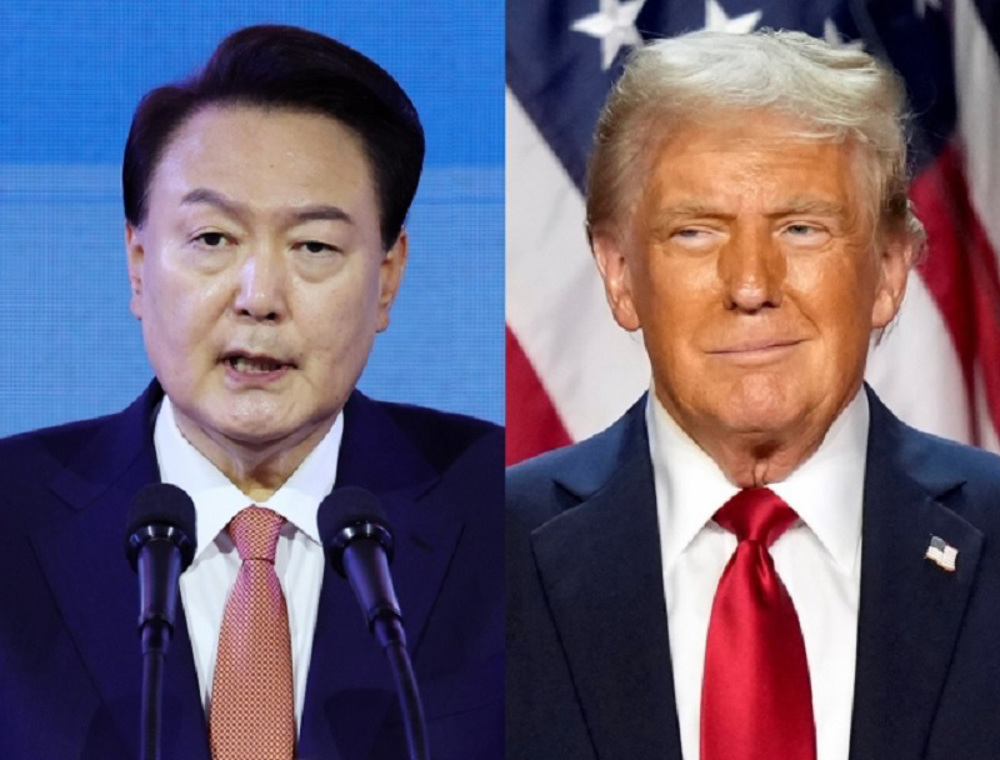



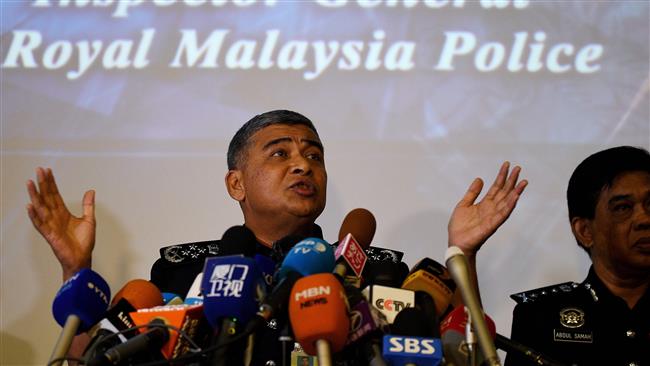

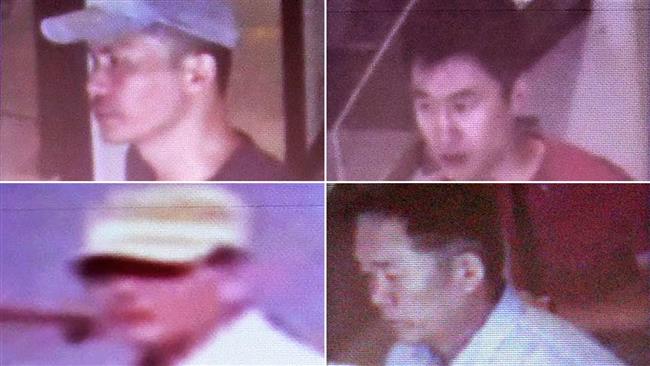




 This makes it easy to access the Press TV website
This makes it easy to access the Press TV website